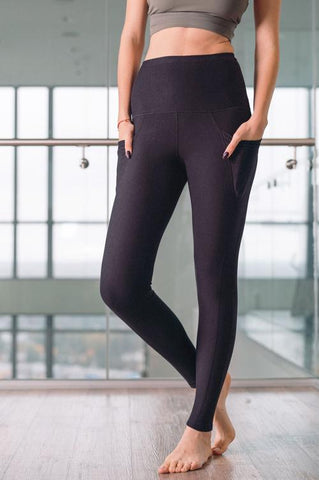In the realm of sustainable and eco-friendly textiles, bamboo fabric has emerged as a compelling alternative to traditional cotton. Is bamboo fabric better than cotton? While cotton has long been a staple in the textile industry, the rise of bamboo clothing has sparked discussions about its superiority in various aspects. Let's delve into five key reasons why bamboo fabric stands out as a better choice for clothing compared to cotton.
-
Environmental Sustainability: Bamboo fabric boasts impressive eco-friendly credentials that set it apart from cotton. Bamboo, as a plant, requires significantly less water to grow compared to cotton, making it a more sustainable option, especially in regions where water scarcity is a concern. Additionally, bamboo can thrive without the need for pesticides or fertilizers, further reducing its environmental footprint. Its rapid growth rate also means that bamboo can be harvested sustainably without causing extensive harm to the environment. When the fiber is manufactured, reputable producers use a closed loop water reclamation system, meaning that even less water is used and wasted. The water is reclaimed and stays within the factory and reused.
-
Softness and Comfort: One of the most notable characteristics of bamboo fabric is its luxurious softness. The fibers of bamboo fabric are naturally smooth and round, resulting in a fabric that feels gentle and silky against the skin. This inherent softness makes bamboo fabric an excellent choice for clothing, especially for those with sensitive skin who may find cotton to be rough or irritating.
-
Moisture-Wicking Properties: Bamboo fabric excels in moisture management, making it ideal or activewear and clothing designed for hot and humid climates. The natural fibers of bamboo possess excellent moisture-wicking properties, effectively absorbing and evaporating sweat away from the skin. This feature helps to keep the wearer feeling dry and comfortable, unlike cotton, which tends to retain moisture and can become heavy and uncomfortable when damp.
-
Thermal Regulation: Another advantage of bamboo fabric is its ability to regulate body temperature. The hollow structure of bamboo fibers allows for enhanced breathability and ventilation, helping to keep the body cool in warm weather and warm in cooler conditions. This natural thermal regulation sets bamboo clothing apart from cotton, which may not offer the same level of comfort across a wide range of temperatures. Bamboo fleece leggings are especially thick and comfortable in the winter!
5. Antibacterial and Hypoallergenic Properties: Bamboo fabric possesses inherent antibacterial and hypoallergenic properties, making it an excellent choice for individuals prone to skin sensitivities or allergies. Bamboo contains a natural antimicrobial agent called "bamboo kun," which helps to inhibit the growth of bacteria and fungi on the fabric's surface. As a result, clothing made from bamboo fabric tends to stay fresher for longer and is less likely to harbor odor-causing bacteria compared to cotton garments.
While cotton has long been a dominant force in the textile industry, bamboo fabric clothing offers a host of advantages that make it a superior option for clothing. From its environmental sustainability and luxurious softness to its moisture-wicking properties and antibacterial benefits, bamboo fabric stands out as a versatile and eco-conscious option for modern consumers. As the demand for sustainable textiles continues to grow, bamboo fabric is poised to play an increasingly significant role in shaping the future of fashion and apparel.





0 comments